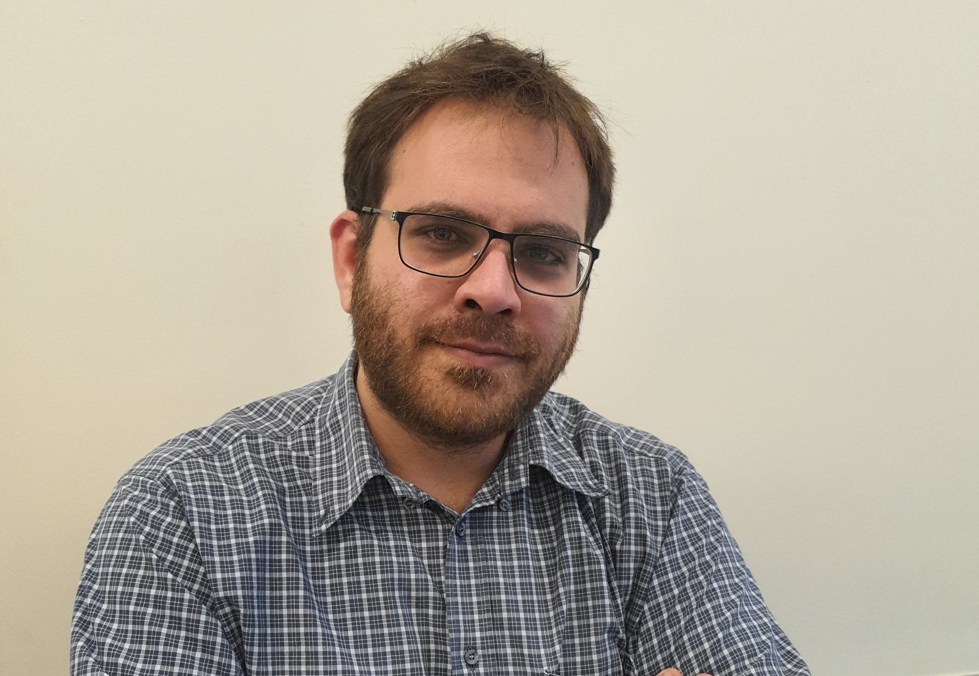Learning to Learn and to Generalize in Interactive Constraint Acquisition
Date:
Constraint Programming (CP) has been successfully used to model and solve complex combinatorial problems. However, modelling is often not trivial and requires expertise, which is a bottleneck to the wider adoption of CP technology. In Constraint Acquisition (CA), the goal is to assist the user by automatically learning the model. In (inter)active CA, this is done by interactively posting queries to the user, e.g., asking whether a (partial) example satisfies their (unspecified) constraints or not. While interactive CA methods learn the constraints of a given problem, the learning is related to symbolic concept learning, as the goal is to learn an exact representation. However, a large number of queries is required by most systems to learn the model, which is a major limitation. In this talk, I discussed how we alleviated this limitation by tightening the connection of CA and Machine Learning (ML), by, for the first time in interactive CA, exploiting statistical ML methods to guide interactive CA queries.
I presented results with different classifiers and showed that using this approach decreased the number of queries needed substantially. We then turned our attention to another limitation of CA: most methods learn a set of individual constraints for a specific problem instance. However, the instances are changing often when some of their parameters change, e.g. if the number of nurses changes in a nurse rostering problem. I presented how to generalize ground CSPs, learning parameterized constraint models that can model multiple instances of the same problem, by using machine learning classifiers for this task. Finally, I will present results, showing that, even in the presence of noise in the ground CSP, this approach can generalize to unseen instances with high accuracy.
